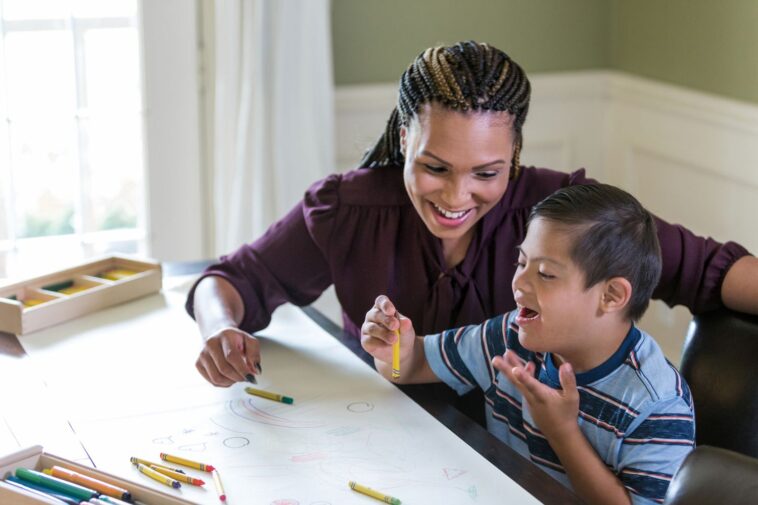Family treatment that focuses on strengthening bonds between children is known as filial therapy or filial play therapy. It was first implemented in the 1960s, and research has shown that it helps families with young children.
Filial therapy is a type of play therapy in which parents are given psychoeducational tools to help them better interact with their children. In this method, children engage in free-form play with the goal of enhancing their social skills.
It was one of the earliest forms of family therapy and has been shown to have a positive effect on caregiver-child relationships. Play therapy techniques are taught to parents in filial therapy, empowering them to take an active role in their children’s recovery. The family relationship is strengthened, and the children learn new skills, through this therapy.
Techniques of Filial Therapy
After acquiring these skills, parents often participate in play sessions with their children. These sessions last anywhere from six months to a year and are conducted in the comfort of the patient’s own home. However, so long as the youngster is still adequately motivated, parents can keep on using filial treatment.

In filial therapy, parents learn to employ four main play therapy approaches with their kids. These methods include:
Setting Boundaries Through Empathetic Listening and Play
Structuring
Sessions typically last half an hour and have strict rules to follow. The first step for parents is teaching their children how to play is by preparing a designated play space. After the space is set up, parents let their kids play in it anyway they like.
Child-Centered Imaginary Play
The grownups observe their kids as they use their imaginations. The objective is to watch the kid without interfering or making any suggestions.
:max_bytes(150000):strip_icc()/GettyImages-11639920561-8cc7cbc743264135a234513167e58e5f.jpg)
Parents typically don’t put too many restrictions on their children during these playtimes. Play sessions are set up in a way that encourages initiative, encourages kids to freely express themselves, and helps them learn to self-regulate.
Empathetic Listening
Parents will watch their children at play and comment on what they are doing. The goal of this exercise is to consider the thoughts, emotions, and experiences of a kid as they are engaged in play.
ALSO READ: How Family Therapy Works
It’s important for parents to recognize their children’s initiative, actions, and emotional displays. These observations are made with openness and non-criticism.
What Filial Therapy Can Help With
Filial therapy can be used to treat a wide range of problems and difficulties that have an impact on children’s emotional, social, and behavioral health. You can use it to treat:
- Foster care and adoption concerns
- Aggression-inducing actions
- Anxiety
- Discordant attachment
- Disorder characterized by extreme impulsivity and inattention
- Depression
- Problems caused by persistent illness
- Defiant behavior disorder
- Trauma
Benefits of Filial Therapy
Children
- Acquire know-how and a feeling of accomplishment
- A child’s sense of self-worth can rise as a result.
- Develop a sense of personal accountability
- Learn how they feel by tuning into their perspective.
Parents
- Learn more about their kids’ inner drives
- develop a greater capacity for trust and acceptance of their child’s autonomy.
- The ability to set appropriate boundaries and follow through with them
- Increase their self-assurance as parents
How to Get Started
In sessions four through six, parents take part in supervised play sessions and learn how to replicate them at home. After that, parents start having sessions with their kids at home.
Later therapy meetings will focus on assessing home session progress and talking about how to apply play therapy skills in real life.
Ask your child’s doctor for a recommendation, or get in touch with local mental health professionals to see if any of them have expertise with filial treatment.





